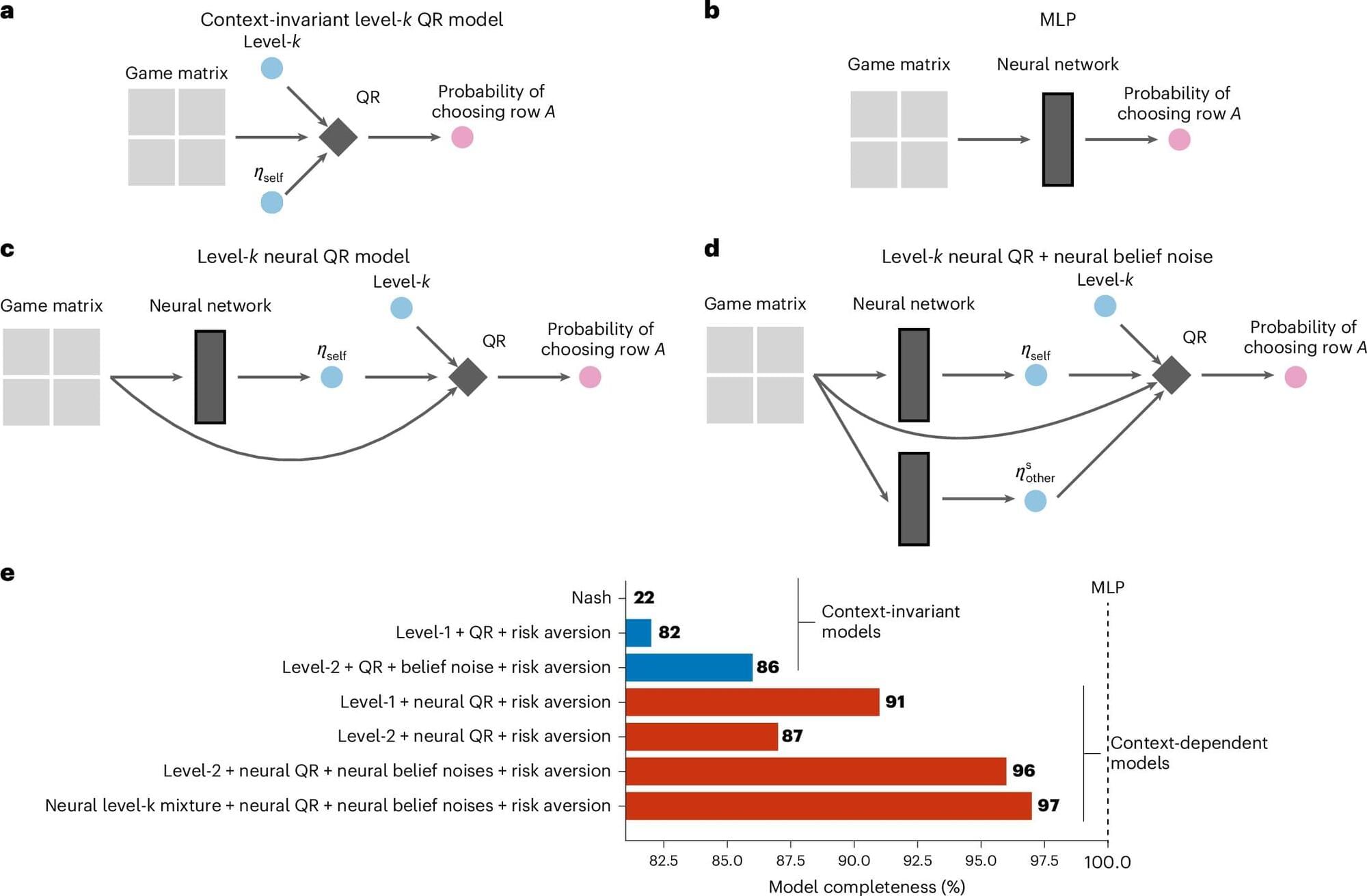Questions to inspire discussion.
🏢 Q: What are Elon Musk’s current ownership stakes in Tesla and XAI? A: Musk owns 55% of XAI and 12.9% of Tesla, with potential to increase his Tesla ownership to 20% through a compensation package.
💰 Q: How do the valuations of XAI and Tesla compare? A: XAI’s valuation is expected to reach $200 billion in the next round, while Tesla’s valuation is approximately $1 trillion.
Potential Conflicts and Risks.
⚖️ Q: What conflict of interest exists for Elon Musk in a potential merger? A: Musk’s significant ownership in both companies creates a conflict of interest in merger discussions, as he must balance his interests in XAI (55% ownership) and Tesla (12.9–20% ownership).
🔒 Q: What control risk does Elon Musk face with Tesla? A: Musk currently lacks the 25% voting control needed for major decisions in Tesla, presenting a non-trivial control risk that could be mitigated through Tesla’s investment in XAI. ## Key Insights.





